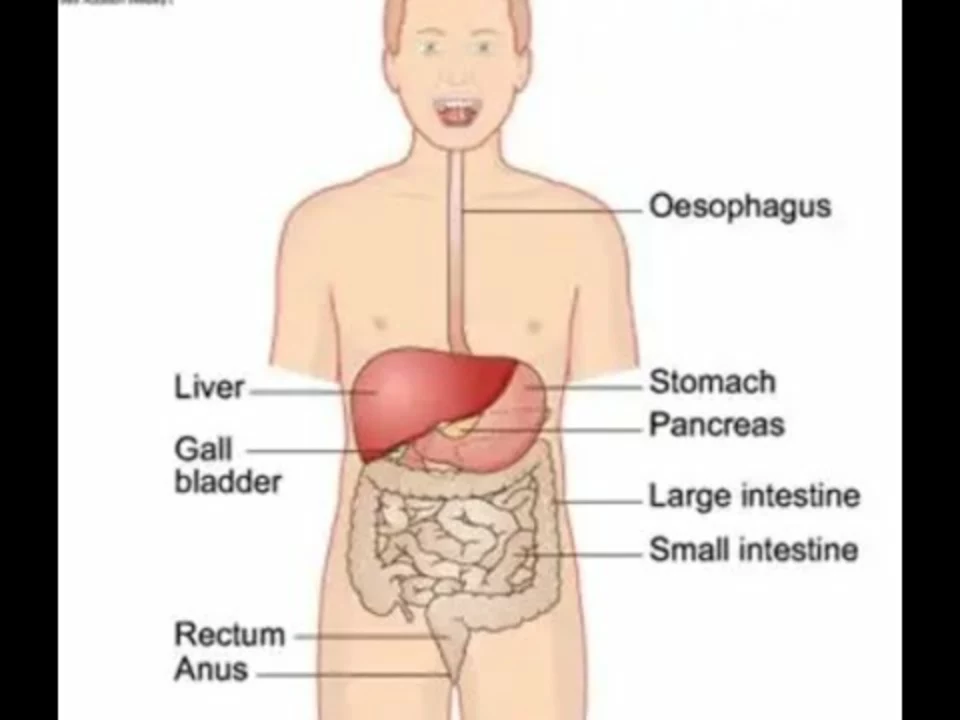Gut Health Essentials – Easy Tips for Better Digestion
If your stomach feels like a roller‑coaster, you’re not alone. Most people deal with bloating, occasional heartburn, or the dreaded constipation when they travel. The good news? You can fix many of these problems with simple daily habits that don’t require a prescription.
Common Gut Problems and What Triggers Them
Office‑related acid indigestion is often caused by rushed meals, coffee overload, and sitting hunched over a desk. When you eat quickly, your stomach releases more acid to break down food, and that extra acid can splash back into the esophagus – hello heartburn.
Traveler’s constipation shows up when you swap your normal diet for processed snacks, skip water, and change time zones. Your gut relies on regular fiber intake and hydration; without them, stool moves slower than a snail.
Other frequent culprits include stress (which messes with the gut‑brain connection), alcohol, and spicy foods that irritate the lining of your stomach.
Practical Steps to Keep Your Digestive System Happy
1. Eat mindfully at work. Give yourself a 10‑minute window to sit down, chew each bite at least 20 times, and avoid multitasking while you eat. This simple act reduces the amount of acid your stomach needs to produce.
2. Hydrate like it’s your job. Aim for eight glasses of water a day, but spread them out – sipping constantly works better than gulping a big glass once.
3. Pack fiber‑rich snacks. Think nuts, fresh fruit, or whole‑grain crackers instead of chips. Fiber adds bulk to stool and keeps things moving, especially on long flights or road trips.
4. Move after meals. A 10‑minute walk around the office or hotel lobby helps your stomach empty faster and cuts down on gas buildup.
5. Limit caffeine and alcohol in the afternoon. Both can relax the lower esophageal sphincter, letting acid creep up into your throat.
6. Manage stress with short breaks. Deep breathing for a minute or stretching at your desk calms the gut‑brain axis, reducing cramping and nausea.
Putting these habits together creates a solid foundation for a healthier gut. You don’t need to overhaul your entire lifestyle; just tweak a few daily choices and you’ll notice less bloating, fewer heartburn episodes, and smoother trips abroad.
Remember, the gut loves consistency. Stick with these tips for at least two weeks and watch how quickly your digestion improves. Your stomach will thank you – and so will your productivity and travel enjoyment.
Shingles and Your Digestive System: How the Virus Affects Your Gut
In my latest blog post, I discussed the connection between shingles and its impact on our digestive system. I learned that shingles, caused by the reactivation of the chickenpox virus, can affect the nerves in our gut, leading to digestive issues like nausea, vomiting, and abdominal pain. It's important to understand that timely treatment for shingles can help prevent the progression of these symptoms. Additionally, maintaining a healthy immune system can reduce the risk of shingles reactivation. Overall, it's crucial to be aware of the link between shingles and our digestive system to better manage our overall health.
More
